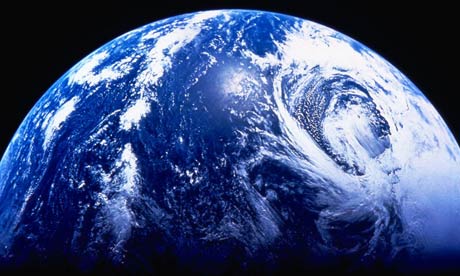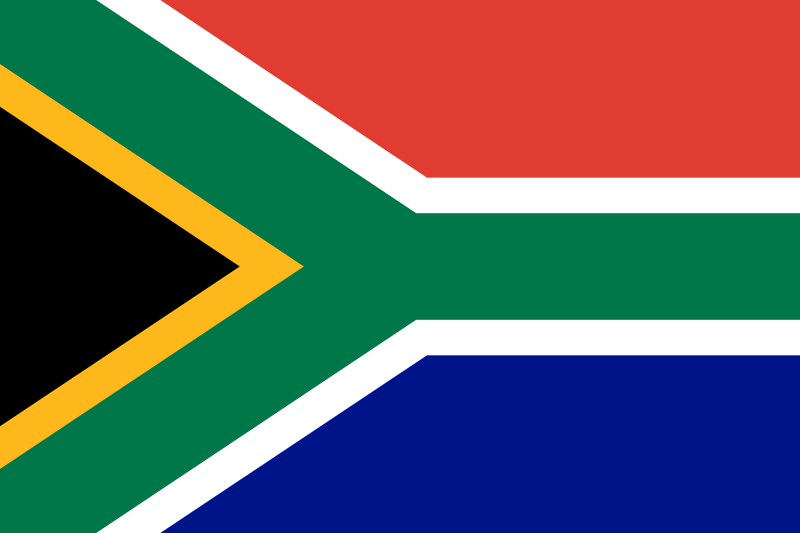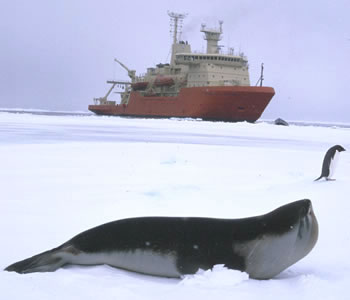 Address by Gareth Evans, President, International Crisis Group, to Bucerius Summer School on Global Governance 2008, Berlin, 29 August 2008
Address by Gareth Evans, President, International Crisis Group, to Bucerius Summer School on Global Governance 2008, Berlin, 29 August 2008 It is a real pleasure to return to the Bucerius Summer School, bringing together as it does policymakers, academics and business leaders from a variety of fields, but still early in their careers, to discuss some of the most difficult and pressing questions facing the world today. It’s not often that I get a chance to speak to a group of the world's best and brightest professionals whose contributions are still largely ahead of them rather than behind them!
This year's program covers, as always, many of the world's most important and urgent challenges, both longstanding and recurrent problems like regional insecurity, inequality and the need to make our international institutions more responsive and capable, but also new sources of anxiety, instability and potential human misery which are different in nature or scale, or both, from anything which policymakers have previously had to confront. And climate change is the mother of all such issues. More >>>










